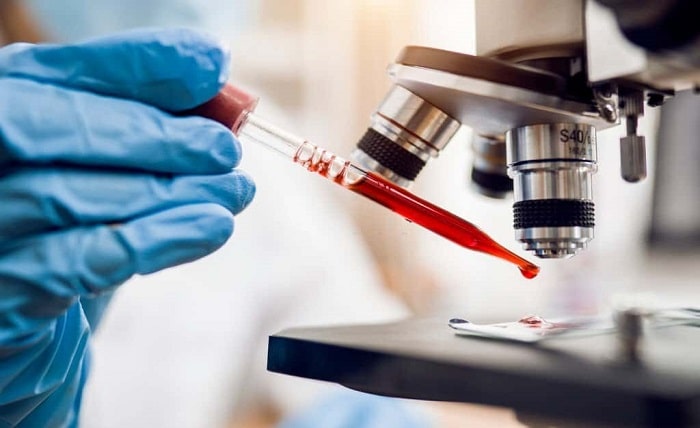EMM Negative Rare Blood Group Found in Rajkot: 11th Such Case Worldwide

The discovery of a rare blood group known as EMM Negative in a man from Rajkot, India has sparked significant interest in the medical community. With only 11 documented cases worldwide, this finding has shed light on the existence of unique blood types and the challenges they present in medical procedures such as blood transfusions and organ transplantation.
The EMM Negative blood group is characterized by the absence of a specific antigen known as EMM on the surface of red blood cells. This rare blood group has caught the attention of researchers and medical professionals due to its scarcity and the potential complications it may pose in clinical settings.
Understanding EMM Negative Blood Group
The EMM Negative blood group is an extremely rare type, with a prevalence of approximately 1 in 6 million individuals. It is characterized by the absence of the EMM antigen, making it distinct from other blood groups such as A, B, AB, and O. The scarcity of this blood type has made it a subject of interest for researchers and physicians alike.
Previous cases of EMM Negative blood group have been reported across the globe, with individuals discovered in countries such as Japan, Australia, and the United States. These cases highlight the uniqueness of this blood group and the challenges it presents in blood transfusions and tissue compatibility.

The Case in Rajkot: 11th Worldwide
In a recent case, a man from Rajkot, India was diagnosed with the EMM Negative blood group, becoming the 11th documented case worldwide. The discovery was made during routine blood typing for a medical procedure, and it took the medical team by surprise. The rarity of this blood group led to extensive investigations to confirm the diagnosis.
The medical implications of this rare blood group in the individual’s case posed challenges in finding compatible blood for transfusions and potential organ transplantation. The medical team had to resort to extensive testing and coordination with blood banks to ensure the patient received the appropriate blood type.
Medical Significance of EMM Negative Blood Group
The EMM Negative blood group presents significant challenges in blood transfusions due to its rarity. Finding a compatible blood type becomes more difficult, as the vast majority of the population falls into the A, B, AB, or O blood group categories. Accurate blood typing and cross-matching are crucial to prevent adverse reactions during transfusions.
Furthermore, the presence of the EMM Negative blood group also has implications in organ transplantation and genetic studies. Organ compatibility is a critical factor in successful transplantation, and the rarity of EMM Negative blood group adds an extra layer of complexity to the process.
Research and Future Directions
Given the limited number of documented cases of EMM Negative blood group, research efforts are underway to better understand this unique blood type. The aim is to identify the genetic markers responsible for the absence of the EMM antigen and explore potential medical advancements that may arise from this knowledge.
Raising awareness about rare blood groups like EMM Negative is also crucial to facilitate timely and accurate diagnoses. Increased research funding and collaboration among medical professionals and researchers can contribute to a better understanding of these rare blood types and their implications.

Conclusion
In conclusion, the discovery of the EMM Negative blood group in a man from Rajkot, India highlights the rarity and significance of unique blood types. The challenges posed by this rare blood group in blood transfusions, organ transplantation, and genetic studies underline the importance of accurate blood typing and further research in this field.
As the medical community continues to unravel the mysteries surrounding rare blood groups, it is crucial to support research efforts and raise awareness about the complexities they present. Understanding these unique blood types can potentially lead to advancements in medical practices and improve the quality of care for individuals with rare blood groups.




